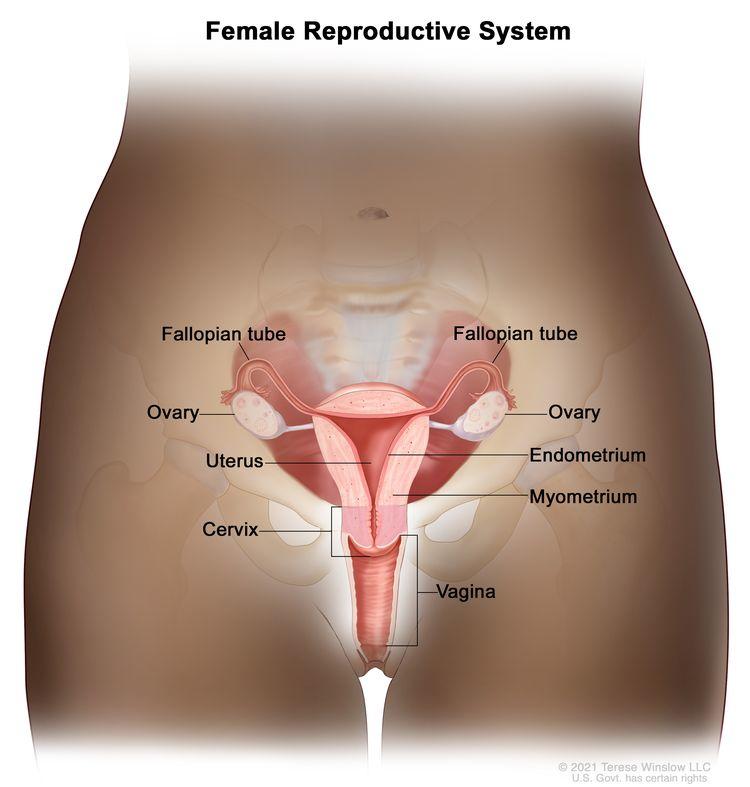Background & Purpose
Endometrial or uterine cancer is one of the few malignancies with increasing incidence and mortality in the U.S., and with profound racial disparities across the entire cancer continuum. Learn more about trends on Cancer Stat Facts: Uterine Cancer.
DCEG investigators previously demonstrated that these trends are primarily related to increasing rates of less common, aggressive, non-endometrioid subtypes, as opposed to the more common endometrioid cancers. They observed strong racial disparities: non-Hispanic Black women experience higher incidence rates of non-endometrioid subtypes, worse survival, and the highest mortality rates compared to other racial and ethnic groups. These findings underscore the need for research in diverse populations using a multi-pronged approach to identify subtype-specific risk factors and early detection strategies for endometrial cancer, as well as to identify modifiable factors associated with endometrial cancer disparities specifically among Black women.
To begin to address these research questions, DCEG investigators and colleagues developed DETECT (Discovery and Evaluation of Tests in Endometrial Cancer), a case-control study to evaluate the performance of biomarkers for endometrial cancer detection from self-collected vaginal tampon specimens. DETECT seeks to address endometrial cancer disparities systematically with respect to exposures, cancer subtypes, diagnostic delays, and cancer outcomes with additional data and biospecimen collections.
Related Research
Study Team
Principal investigator: Nicolas Wentzensen, M.D., Ph.D.
Clinical Genetics Branch
Clinical Epidemiology Unit
Collaborating organization: University of Alabama, Birmingham
Study Design & Aims
Participants are individuals undergoing hysterectomy for endometrial cancer or benign gynecologic conditions at the University of Alabama Birmingham.
The aims of DETECT are as follows:
- Evaluate risk factors associated with endometrial cancer by subtype, stratified by race.
- Assess associations of care delays related to symptom appraisal (i.e., postmenopausal bleeding) with endometrial cancer diagnosis and whether delays are associated with subtype, stage, and outcomes, overall and by race.
- Evaluate determinants of acceptability (i.e., willingness to provide a self-collected vaginal tampon sample) and feasibility of self-sampling with vaginal tampons, overall, and by race.
- Evaluate the performance of molecular biomarkers for endometrial cancer detection in paired tampon-collected and tissue specimens, overall and by race and subtype.
- Evaluate clinical, molecular, and epidemiologic factors associated with endometrial cancer recurrence and survival, overall and by race.
